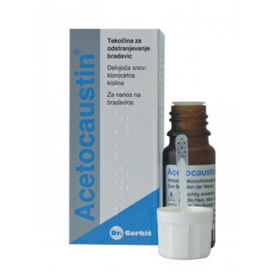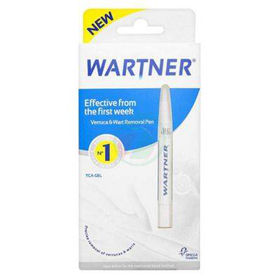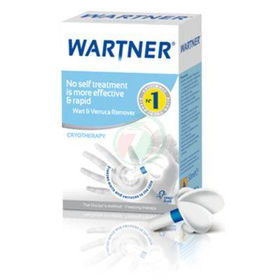Customer question:
Which active ingredients most often contain ointments for warts on the legs? Anonymous customer's question
Pharmacist's answer:
Ointments and creams for treating leg warts usually contain one of the following active ingredients:
- Salicylic acid: this is a common ingredient in the treatment of warts. It works by softening the wart tissue and accelerating the removal of skin cells. Salicylic acid products come in a variety of forms, including gels, liquids, pads, and ointments.
- Cryotherapy (freezing): some wart treatment products use cryotherapy, which involves freezing the wart using a freezing agent such as liquid nitrogen or another similar gas. These products are usually available in the form of aerosol sprays or applicators.
- Trichloroacetic acid (TCA): TCA is a strong acid that can be used to remove warts, often in a clinical setting. Some over-the-counter products may contain lower concentrations of TCA and should be used with caution as directed.
- Cantharidin: products containing cantharidin should be used with caution and according to instructions.
- Other ingredients: some ointments may contain other ingredients such as podophyllin resin, lactic acid or silver nitrate.
Which ointment is the best for leg warts?
Choosing the best foot wart ointment can depend on a variety of factors, including the type and size of the wart, your skin type and sensitivity, and your personal preferences. There is no single answer, as what works best for one person may not be as effective for another. But here are some pointers on popular over-the-counter wart ointments that are commonly used:
Salicylic acid products: Salicylic acid-based ointments, gels, or liquid solutions are a common choice for treating leg warts. They work by gradually softening and removing the wart tissue.
Freezing agents (cryotherapy): Cryotherapy products that freeze the wart can be extremely effective. They are available in the form of aerosol sprays or applicators.
Cantharidin: Cantharidin causes a blister to form under the wart, which can then be removed.
TCA (trichloroacetic acid): Trichloroacetic acid is a stronger acid that can be used to treat or remove warts.
Natural remedies: Some people prefer to try natural remedies like tea tree oil or apple cider vinegar to treat warts. These methods may be less proven, to some extent less effective, but they are worth trying.
Please note that it is important to follow the specific instructions that come with the selected product. If your warts do not respond to treatment, become painful or enlarged, it is definitely recommended to consult a doctor. They can offer professional guidance and may consider more aggressive but safe treatments, such as in-office cryotherapy, laser therapy, or prescription drug treatment.
Can over-the-counter ointments help treat a wart on the foot?
Yes, over-the-counter ointments can be effective in treating foot warts, including plantar warts, which are warts that usually appear on the soles of the feet. Treatments for foot warts often contain active ingredients such as salicylic acid, which gradually soften and remove the wart tissue. It's important to remember that not all warts respond to treatment, so more invasive approaches are often necessary. If the wart on the foot does not improve or becomes painful, it is recommended to consult a doctor or visit a podiatrist.
Interesting reading: HPV warts












